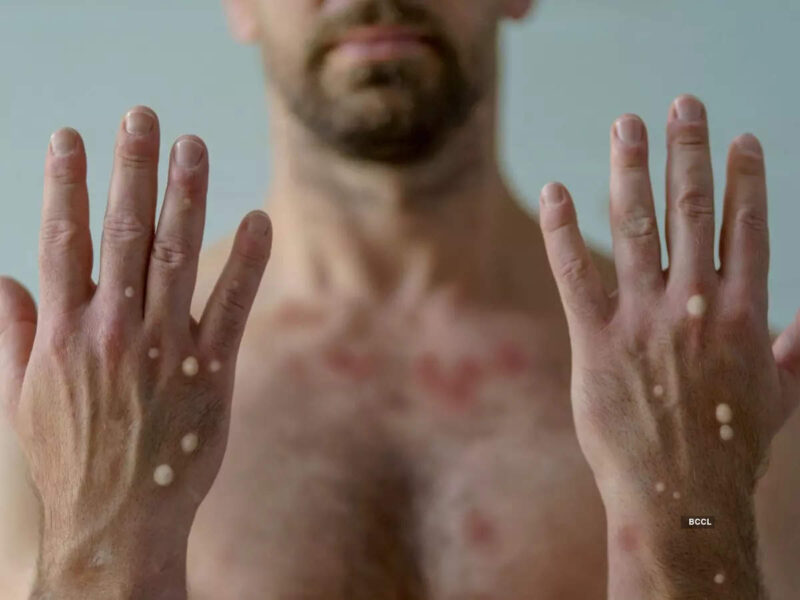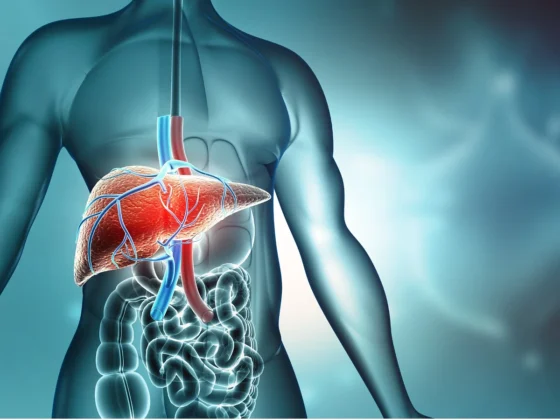Recently, Monkeypox has become a growing concern due to an increase in reported cases. It’s important to recognize the symptoms, which include fever, muscle aches, and facial rashes, to manage the disease effectively.
The Surge in Monkeypox Cases
The virus cases have been on the rise, prompting health authorities to issue warnings. Although it’s a rare virus related to smallpox and cowpox, it has spread beyond its usual regions in Central and West Africa to other parts of the world.
Recognizing Symptoms
Early identification of this virus infection is crucial. Typical symptoms start with a fever and muscle pain, followed by rashes on the face that can spread to the rest of the body. Immediate medical attention is recommended if these signs appear.
Preventing the Spread
Preventive steps are vital to curb the virus. Regular handwashing and avoiding close contact with infected people and animals can reduce the risk. Health officials also suggest that the smallpox vaccine offers some protection against Monkeypox.
How To Treat Monkeypox Infection?
Currently, there is no specific treatment for this virus infection. Supportive care such as antiviral medication, pain relief, and hydration can assist in recovery. Severe cases might require hospitalization for close supervision.
Monkeypox Spreading Awareness
With the increase in this virus’ cases, educating the public about the disease is essential. Awareness campaigns can inform people about early detection and treatment risks and importance.
The rise in Monkeypox cases highlights the need for awareness and preventive actions. Knowing the symptoms, maintaining good hygiene, and seeking timely medical help can protect you and others. Stay informed and prioritize your health.










